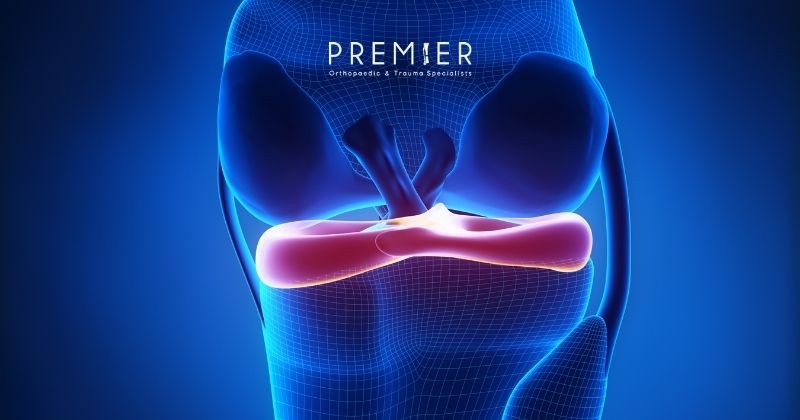Typically, someone with advanced degeneration of the knee joint, who has not yet had a knee replacement, has lived with severe pain for quite some time. Some try to tough it out for months and others, even years. Typically, they wait because they are uncertain about the outcome of surgery and expected pain associated with a knee replacement.

To be sure, knee replacement is considered a major procedure and comes with risks inherent to a surgery of this magnitude. However, these risks are mitigated by employing an experienced orthopedic surgeon such as those at our practice. Further, total joint replacement technology and techniques have been honed and improved over the years. Today it has become a straightforward and routine procedure with fewer risks and considerations than ever before.
But How Much Pain Will I Experience?
The short answer is that yes, you will experience some pain, swelling and discomfort in the days and weeks after your knee replacement surgery. However, with the latest techniques, our surgeons employ a multi-modal approach to controlling your pain. This involves a nerve block performed by the anesthesiologist and different types of medications to attack the pain pathway. Ultimately, you should have good pain control. General pain should be well managed with narcotic, followed by non-narcotic pain medication for a few weeks. It will lessen over time as the knee heals.
After a course of physical therapy (PT) to reduce inflammation, reduce stiffness and improve range of motion, most patients are amazed that they can perform activities that have been extremely painful or impossible for years or even decades. However, this process physically stresses the knee and can cause some short term increases in pain and soreness.
To that end, some patients may also try to tough it out after surgery and live with the surgical discomfort. This is not recommended as it impairs the ability for the patient to perform important post-operative exercises to regain their ability. We want you moving and fully utilizing PT as soon as possible after surgery, for the best long-term results.
Longer-term, pain after a knee replacement is not unheard of and can be caused by a number of issues including scar tissue in the knee joint known as arthrofibrosis, infection, rejection of the implant and fractures. If patients are experiencing pain at six months from the knee replacement, we consider this chronic pain that requires reevaluation. Serious complications are very rare at about 1 to 2% and many can be mitigated by employing an experienced orthopedic surgeon.
The Bottom Line
While we always want to pursue the most conservative treatment options possible, there are times where surgery is inevitable and delaying surgery only lengthens your time with pain and disability. As a result, it is important to speak to your orthopedic surgeon about the benefits and risks of knee replacement surgery in your particular circumstance. Of course, our orthopedic surgeons will only recommend surgery when it is absolutely necessary, and the benefits far outweigh the risks of the procedure. Some patients may benefit from a cartilage restoration procedure instead of a knee replacement. This all depends on your age and knee characteristics. To contact us and schedule a consultation to discuss knee replacement options. Please call us or fill out our convenient contact form.








